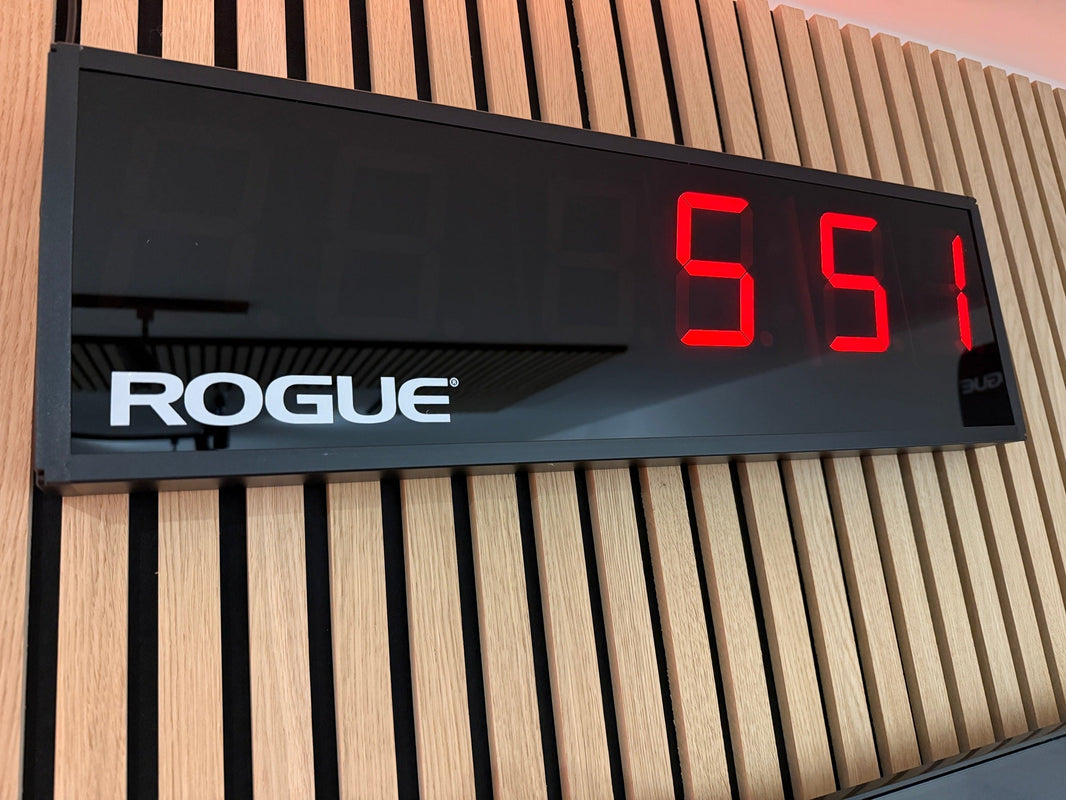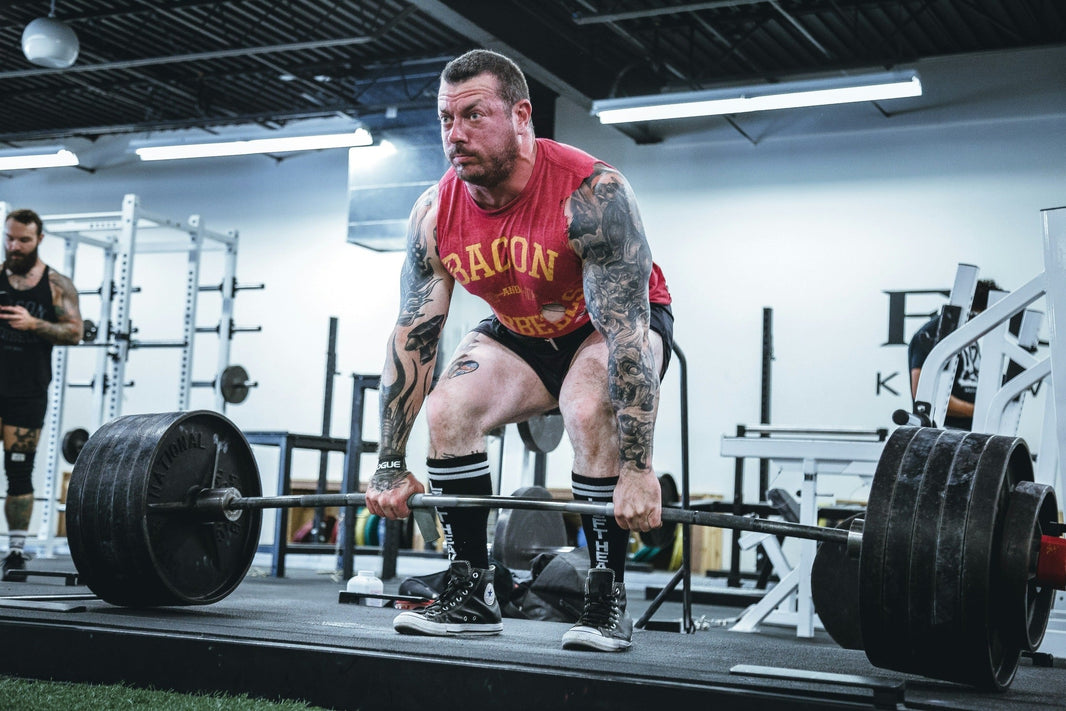How Long Does It Take to Build Muscle? A Science-Backed Guide
Building muscle is a goal many aspire to, but how long does it actually take to see noticeable results? Understanding the timeline and the factors involved can help you set realistic expectations and optimize your workout routine. Dive into this comprehensive guide to learn how to maximize your muscle gains effectively.
What Factors Influence Muscle Growth?
Muscle growth is a complex process influenced by several factors. Strength training and resistance training are crucial, but individual differences like genetics, age, and hormone levels also play significant roles. Protein synthesis in muscle fibers leads to increased muscle size, while adequate rest allows for muscle repair and growth.
How Does Muscle Growth Happen?
When you lift weights, you create tiny tears in your skeletal muscle fibers. The body repairs these fibers by fusing them, increasing the size and strength of the muscle cells. This process, known as muscle hypertrophy, is facilitated by growth hormone and other factors that promote muscle protein synthesis.
How Long Does It Take to Build Muscle?
The time it takes to build muscle varies based on individual factors and training consistency. Generally, beginners may start to see noticeable muscle gains within 8 to 12 weeks of consistent strength training. However, the journey is ongoing, and continued effort is required to maintain and further increase muscle mass and strength.
The Best Ways to Build Muscle Quickly
To build muscle efficiently, focus on:
- Strength training: Engage in exercises that target all the major muscle groups.
- Progressive overload: Gradually increase the weight or resistance to challenge your muscles.
- Proper nutrition: Consume enough protein to support muscle repair and growth.
- Rest and recovery: Allow time for your muscle fibers to recover to prevent injury and promote growth.
Do Men and Women Build Muscle at the Same Rate?
While both men and women can build muscle, hormonal differences affect the rate of muscle growth. Men typically have higher levels of testosterone, a key hormone in muscle development, which can lead to faster muscle gains. However, women can still achieve significant muscle definition with proper training and nutrition.
How Much Muscle Can You Gain in a Month?
On average, individuals can gain about 0.5 to 2 pounds of lean muscle per month. Factors like training intensity, diet, and genetic predisposition influence this rate. It’s important to set realistic goals and understand that building muscle mass is a gradual process.
The Role of Workouts in Muscle Gain
Consistent and varied workouts are essential for muscle growth. Incorporate exercises that target different muscle groups and include both compound and isolation movements. Adjust your workout routine periodically to keep challenging your muscles and prevent plateaus.
Nutrition and Muscle Growth: What You Need to Know
Nutrition plays a pivotal role in muscle building. Ensure you’re consuming:
- Protein: Supports muscle repair and growth.
- Carbohydrates: Provide energy for intense workouts.
- Healthy fats: Support overall health and hormone production.
- Hydration: Aids in recovery and performance.
Common Mistakes That Hinder Muscle Growth
Avoid these pitfalls to maximize your muscle gains:
- Skipping rest days, leading to inadequate muscle recovery and growth.
- Neglecting certain muscle groups, causing imbalances.
- Poor nutrition, failing to give your body the necessary nutrients.
- Inconsistent training, which slows down progress.
Tips to Maximize Your Muscle Gains
- Listen to your body and adjust your training as needed.
- Prioritize compound movements like squats and deadlifts.
- Maintain a balanced diet rich in protein.
- Ensure adequate sleep for optimal muscle repair.
- Stay consistent and patient; building muscle mass takes time.
Summary of Key Points
- Building muscle is a gradual process influenced by training, nutrition, and individual factors.
- Strength training and resistance training are essential for muscle growth.
- Adequate rest and nutrition support muscle repair and growth.
- Realistic expectations and consistency are crucial for long-term success.
- Avoid common mistakes by following a well-rounded workout routine and proper diet.
By understanding how muscle growth happens and implementing effective strategies, you can optimize your efforts and achieve your muscle building goals.
Learn more on how StrengthLab360 can help you to build muscle the best way possible.
Scientific References
Frequently Asked Questions About Strength and Muscle Training
The time it takes to build muscle varies greatly among individuals based on factors like training experience, diet, and genetics. Generally, beginners may start to see noticeable results in about 8 to 12 weeks of regular strength training and proper nutrition. For more advanced lifters, noticeable changes in muscle mass can take longer, often requiring 6 months to a year of consistent effort.







